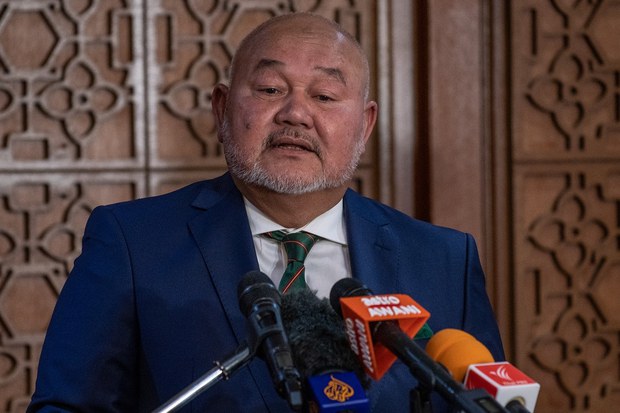Thailand and Malaysia renew talks over Muslim separatists
Thailand's deputy prime minister met with the former chief of Malaysia’s Defence Forces, who serves as facilitator in a conflict pitting Thailand’s central government against separatists in three Muslim-majority southern provinces. In the past 20 years, the violence has caused the death of some 10,000 people. The Thai government is willing to lift emergency decrees, but many obstacles remain.
Bangkok (AsiaNews) – Thailand’s government, in office since early September 2023, is trying to restart talks to ensure peace and stability in the country’s troubled south, which includes three Muslim-majority provinces (Narathiwat, Pattani, and Yala) on the border with Malaysia.
To this end, Thai Deputy Prime Minister Somsak Thepsuthin met yesterday with the former chief of Malaysia’s Defence Forces, General Zulkifli Zainal Abidin (pictured), who is also a facilitator between the Thai government and a coalition of pro-independence groups, united in the National Revolutionary Front (Barisan Nasional Revolusi, BNR).
“The meeting was intended to build better understanding between Thai and Malaysian authorities involved in the peace negotiations,” said Somsak speaking about the meeting.
The latter confirmed that the Thai side is willing to keep negotiations open, after a period of inaction, this despite guerrilla activity that restarted in 2004 and repression by successive governments run or controlled by the military.
The current government, an unprecedented alliance that includes pro-military parties, appears poised to scrap a series of harsh emergency decrees, often enforced indiscriminately in the three provinces, in favour of the National Security Law that does not give as much leeway to the security forces.
For Thailand’s deputy prime minister, this would improve the atmosphere in the region and facilitate finding a solution to its problems.
The conflict, which began after the Second World War, escalated in the past 20 years causing the death of up to 10,000 people; finding a peaceful solution is still an uphill battle given the various needs and interests that stand in its way.
Despite yesterday’s talks, the parties did not set a timetable for the next steps that could bring in the BNR; all they agreed to was to meet to discuss when would be the right time for further discussions. This could be as early as next month if everyone is on board.
If his happens, public consultations could be held on finding a political solution that ends the violence and repression that have constrained a region that has great potential for development and great capacity to lift its people out of poverty.







.png)










